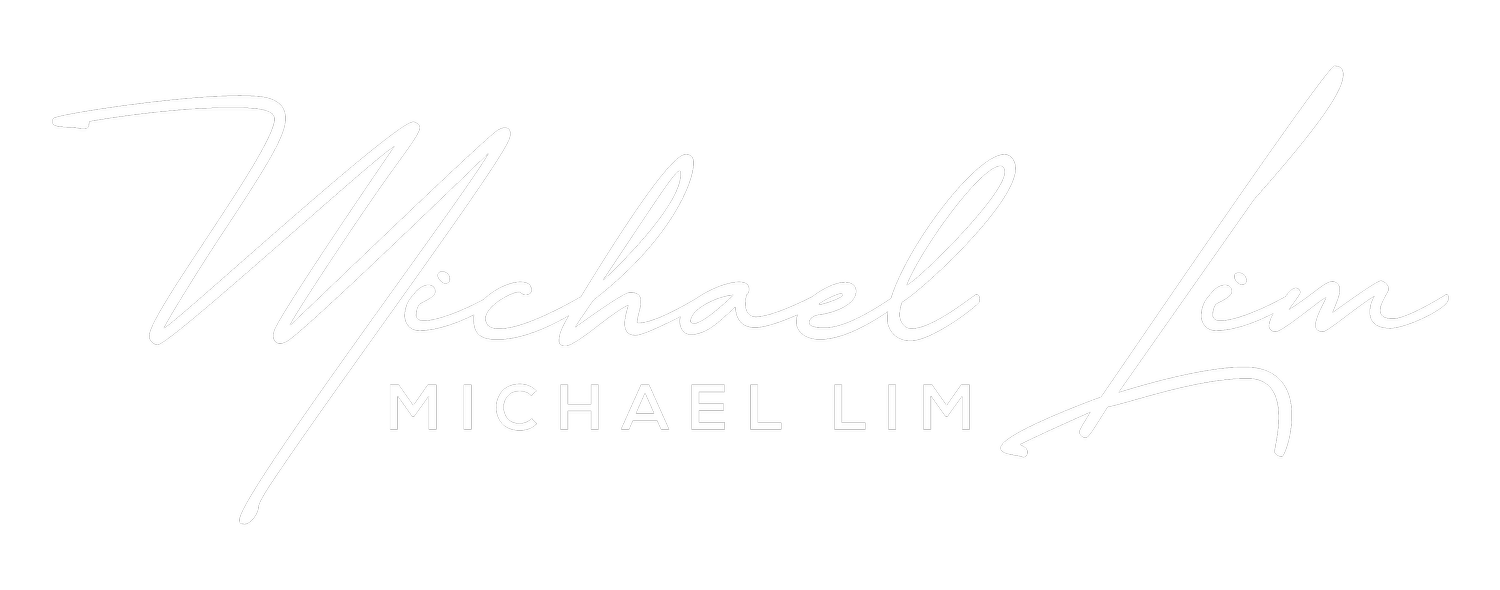We Are Now Living in the Passion Economy
Photo by Randalyn Hill on Unsplash
Most of the jobs in the future will be created to entertain or teach our fellow human beings.
“In time, almost all humans may work to amuse other humans, while robots run competitive primary industries, like food production and manufacturing.” — Hans Moravec
Think about your future children
Chances are they will have jobs you can’t even imagine right now.
Professions such as ‘virtual reality influencers’ or ‘artificial intelligence strategists’ could be as common and lucrative as being an accountant or lawyer is today.
Really? Virtual reality influencer? That sounds ridiculous. But so does ‘Tik-Tok influencer’ or ‘full-time content creator’. And yet, we now have 16-year-olds such Charli d’Amelio with 100 million followers on Tik Tok and almost 10 million subscribers on YouTube.
She can make up to $100,000 per sponsored ad and in 2020 made close to $1 million dollars for her SuperBowl Ad.
I am convinced. Sign me up!
You might be asking: What will happen to all the accountants and lawyers? Will they all disappear? Not at all. They will still exist but not to the same level of regard as they enjoy today.
Thanks to a mixture of technology and entrepreneurship, the grand bargain we have with traditional professions are changing. They no longer hold the same prestige, status or stability as they once did.
The oncoming revolution of automation, globalization and labor market flexibility will elevate the value of creativity and passion in our economy. I am no economist or expert but this is what I am coming to realize:
Most of the jobs in the future will be created to entertain or teach our fellow human beings.
The future is amazing. “The Passion Economy created a whole new sector of jobs, allowing people to monetize their thoughts, skills”, and audiences writes Sergey Faldin
Now think of your great-grandparents
They are probably living in the late nineteenth and early twentieth centuries. They are witnessing a boom in innovation and creativity.
Life is still relatively hard but it is an exciting time. As children, artisanship and tinkering with new ideas are happening all around them. Change and progress are occurring rapidly.
This is an era in which innovators such as Henry Ford created the Ford Model T and made huge shifts in how we previously traveled. Life is speeding up.
But then everything shifted. Creativity, craft and artisanship started to decline. The Second Industrialization was here.
The mid to late twentieth century was all about standardization and commodification. All innovations came from making the same product with minor tweaks in operation and logistics to make the same product more efficient for mass consumption.
Scientific management in the form of Taylorism was in full swing.
In this economy, your input was closely tied to output. Your value was determined by costs and the clock. You were merely a cog in a well-functioning machine. Easily trained, easily replaceable.
This was the era of the widget economy, where companies became behemoths through leveraging economies of scale and selling their products via mass marketing and huge advertising budgets.
Your grandfather probably left school at a very young age and worked with the same company for his whole life. Your dad was probably expected to do the same thing.
Globalization then created a race to the bottom. Companies could move off-shore and outsource their production to whichever country offered the cheapest labor.
For small-time players, it was close to impossible to make a comparable product for a similar price and quality.
Creating a business based on your passion was close to impossible in this environment. You simply couldn’t compete on quality or quantity. Your best bet was conformity rather than creativity. Fall in line or risk being a social outcast.
Once traditionally secure jobs are no longer viable. Your parents are starting to feel this insecurity. Entire industries and sectors are being destroyed overnight with new jobs requiring skills they don’t have and can’t easily train for.
The boom of this economy is over. The bust is now being felt.
Now Think About Yourself
You are living in an age of infinite leverage with the internet.
The best part about it? It is permissionless.
Your great-grandparents and parents had to rely on labor or capital for leverage. Creating any business or product required large amounts of upfront investment and lots of workers.
Either way, they needed someone to give them money or convince people to work for them. They needed permission to use labor or capital as leverage. Starting a business back then was extremely risky and managing people was even more difficult.
But the information age is reversing the trends of the industrial revolution.
You are now living in digital abundance. The decisions you make can be leveraged by the internet to reach thousands if not millions of people around the world.
The twenty-first-century economy allows you to deliver passion and intimacy at scale.
“You are able to combine the best elements of the nineteenth century (artisanship and tinkering) with those of the twentieth-century (scale),” writes Adam Davidson.
The internet has eliminated most if not all barriers to entry. Start-up costs are low. The marginal cost of replication is zero. Building a website and automating the costs of transactions can happen for less than $1,000.
Platforms such as YouTube, Medium and Twitch have made finding an audience even easier. You can take any niche passion you have, productize yourself in the form of a blog post, video or live stream and make money from it.
Eponymous brands are becoming global icons. Joe Rogan, Opera, Tim Ferriss. These are people who have built media empires just by using their name, leveraging it through the internet, books and podcasts.
What Can You Do?
You live in a fundamentally different economy compared to your parents and great-grandparents. You are the bridge between your great-grandparents and your future children.
You can take any passion you have and find an enthusiastic and paying audience. Think about what hobbies you love doing. What feels like play to you but work for others? Could you do it for 16 hours a day and still feel refreshed at the end of it?
What about the competition? Well, the bigger players simply don’t have the time and energy to pursue such a small market share of a niche area. This is where you can thrive.
You are operating in a blue-ocean strategy with little competition. Authenticity will be your value proposition and creativity will be your product.
I am not saying you will be a millionaire or be the size of Facebook or Instagram, but you can earn a decent living with relatively small audience size.
“For most of the twentieth century, the safest, most lucrative strategy was to be as much like others as possible. In the twenty-first century, the best strategy is to be fully yourself and to highlight your areas of difference from everyone else. That’s where the money is.” — Adam Davidson
___________________________________________
If you enjoyed this article, you can connect with me HERE.
You can also support more of my work by becoming a Medium Member using my referral link: michael-lim.medium.com

